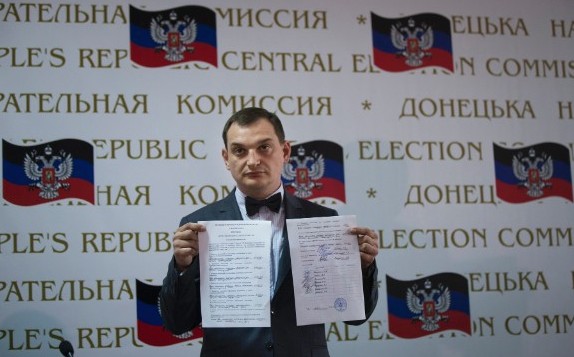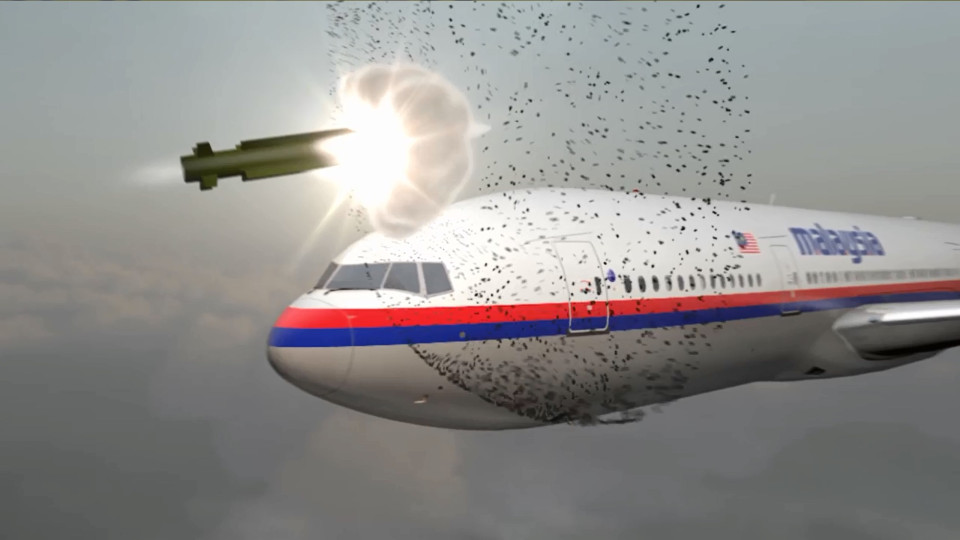As the Ukrainian military closes in on Moscow-backed forces in southeastern Ukraine, Russian commentators are scrambling to explain why the Russian-speaking population in that region have not flocked to the banners of the secessionists in Donetsk and Luhansk.
Not surprisingly, these commentators have not focused on the facts that the population there overwhelmingly now identifies as Ukrainians and has no interest in becoming part of the Russian Federation, but what they are saying says a lot about how Moscow is trying to explain away its own miscalculation about the support it would receive.
The “Voennoye obozreniye” portal, which is directed at Russian military and patriotic groups, today re-posed a Russian blogger’s list of “the seven reasons why men in the Donbas don’t want to fight in the ranks of the militants.”
On the basis of a visit to the region, the blogger whose screen name is Politchanka lists the following reasons:
- “The absence of an authoritative leader among the militants,” including the fact that most of those in prominent positions are not local but from Russia and Moscow. Many people there, she says, “do not like Muscovites.”
- “The negative example of the ‘heavenly hundred,’” a memory of the deaths of more than 100 people in the Maidan which suggests that fighting at the risk of the loss of one’s own life may be pointless. “In the opinion of the Donetsk people, only fools fight and die for some idea; smart people survive and vacation in Crimea.”
- “Marauding and extortion.” People have been put off, Politchanka continues, by the theft of automobiles by unidentified people and the fact that the authorities are incapable of doing anything about this.
- “The militants do not defend the cities.” The militants defend their own houses; but when Ukrainian forces attack the towns, they “depart” for somewhere quiet, something others cannot do.
- “Internal splits.” “It is no secret,” she writes, that the leaders are constantly fighting among themselves about who is the most important. That puts people off.
- “The inability of the militants to maintain normal everyday infrastructure in the city.” Stores, schools and hospitals are closed, and “people do not see any prospects.” As a result, “they aren’t joining the ranks of the militants.”
- “The lack of correspondence between the expectations the referendum sparked and reality.” People in Donetsk and Luhansk hoped everything would be as it was in Crimea. “No one told them that they would be bombed and have to sit in basements without having the opportunity even to eat normally. “Therefore they do not want to fight.”
Politchanka says that she draws these conclusions not just from her conversations with people in Donetsk but also from online discussions. Unless those in charge of the situation in southeastern Ukraine address these problems, she said, “the level of support in the population” for the militants will fall geometrically.”








